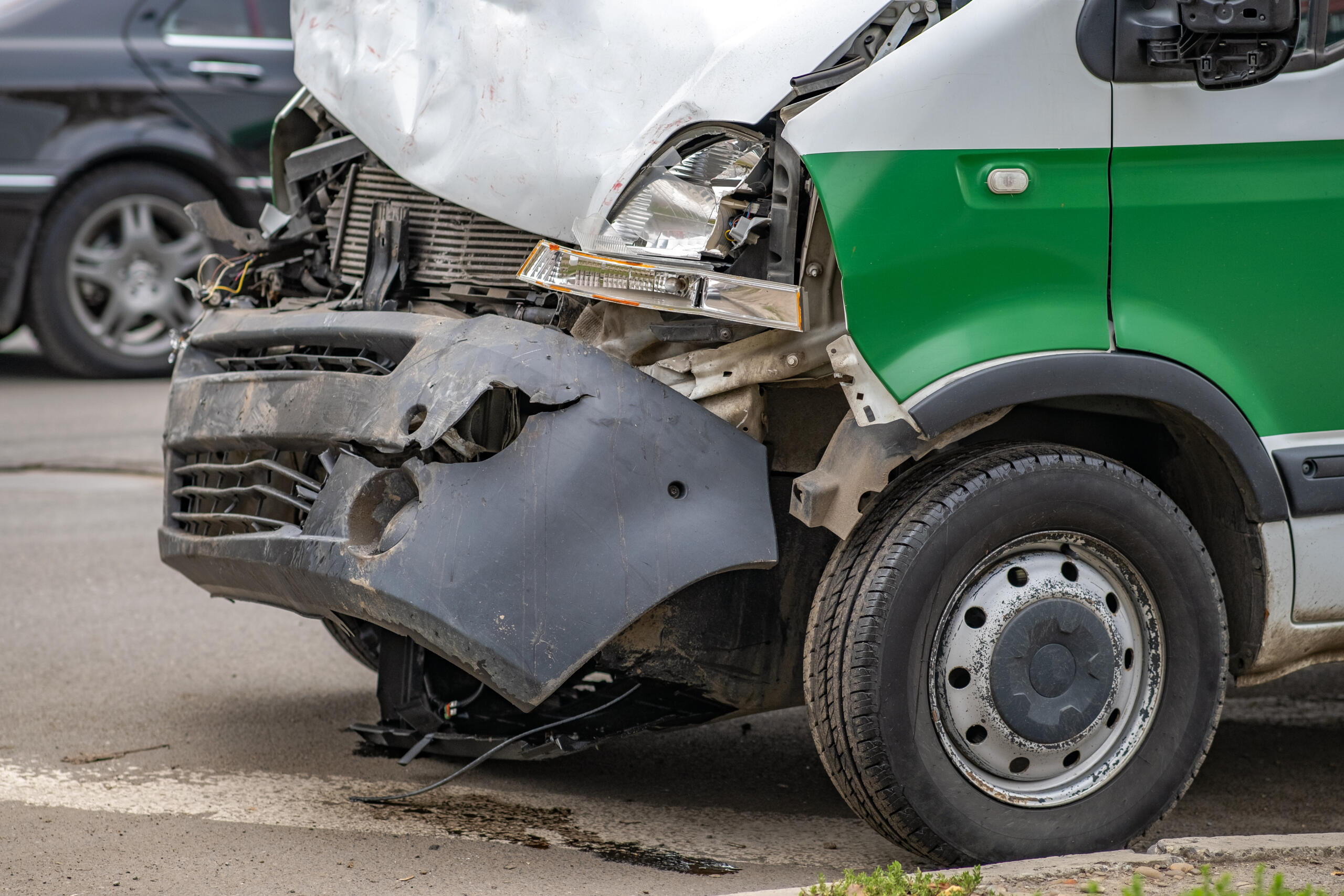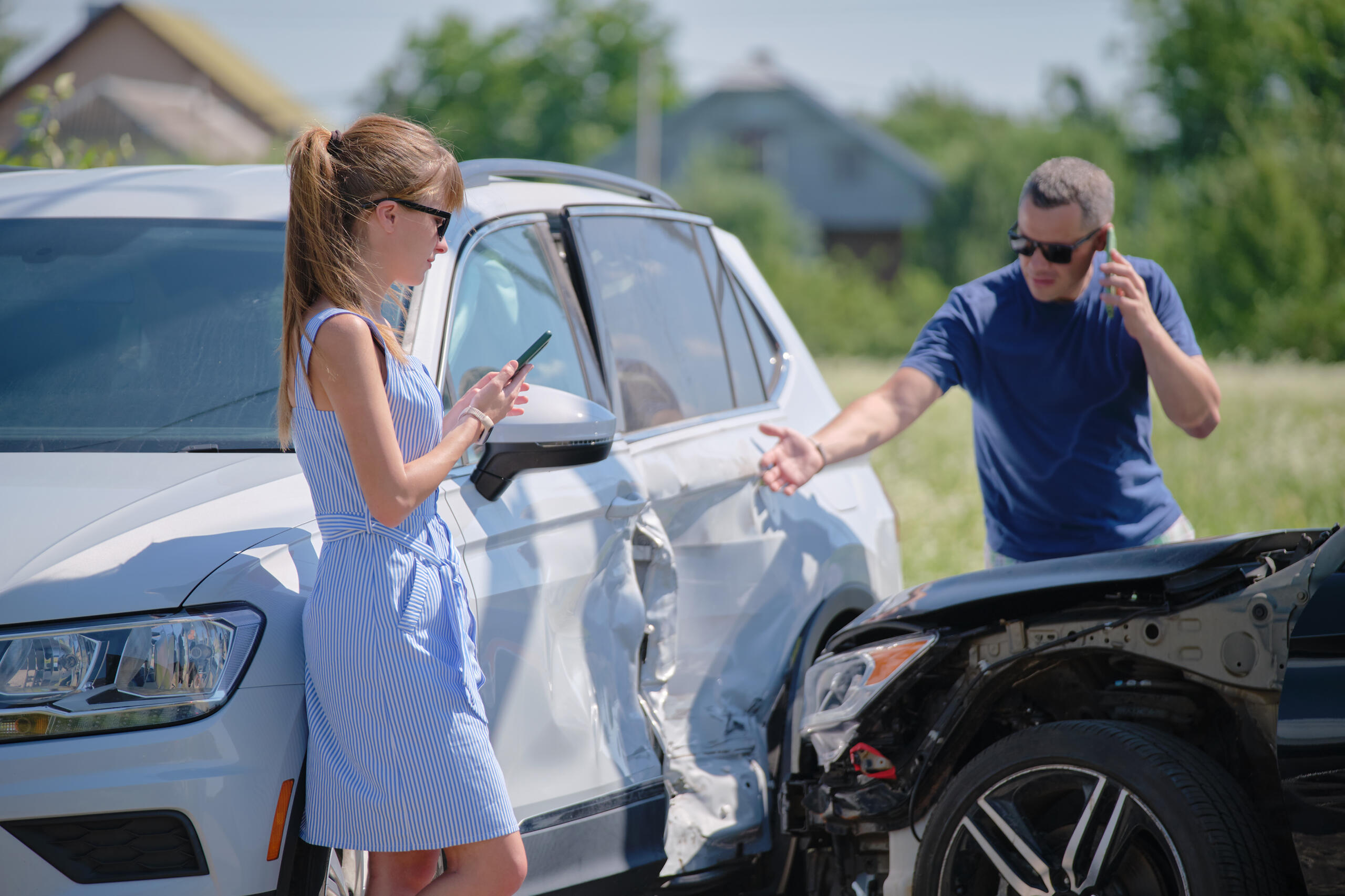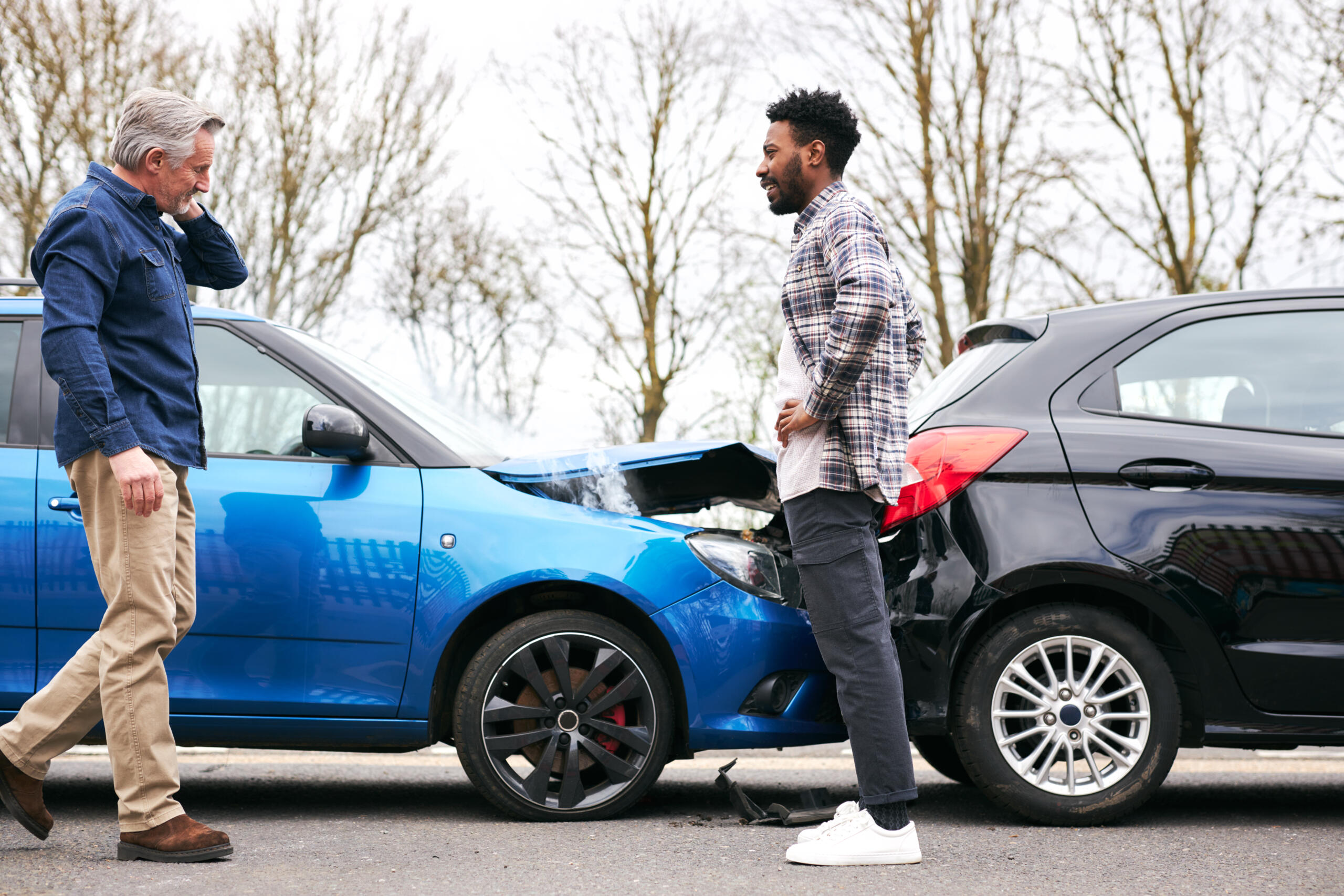
Distracted driving is a growing concern on the roads today. With the rise of smartphones and other in-car technologies, drivers are more distracted than ever. This increase in distractions has had a significant impact on personal injury cases, particularly those involving car accidents. Understanding how distracted driving affects these cases can help victims seek the compensation they deserve.
What is Distracted Driving?
Distracted driving refers to any activity that diverts attention from driving. This includes talking or texting on your phone, eating and drinking, talking to people in your vehicle, or fiddling with the stereo, entertainment, or navigation system. Essentially, anything that takes your attention away from the task of safe driving is a distraction.
Types of Distractions
Distracted driving can be broken down into three main types:
- Visual Distractions: These occur when a driver takes their eyes off the road. Examples include looking at a GPS device or checking a phone.
- Manual Distractions: These involve taking hands off the wheel, such as eating or adjusting the radio.
- Cognitive Distractions: These happen when a driver’s mind is not focused on driving. Daydreaming or engaging in a heated conversation are examples.
Texting While Driving
Texting while driving is one of the most dangerous forms of distracted driving because it involves all three types of distractions. A driver’s eyes are off the road, hands are off the wheel, and mind is focused on the message rather than driving.
The Impact on Car Accident Injuries
Distracted driving significantly increases the likelihood of car accidents, which in turn leads to more personal injury cases. According to the National Highway Traffic Safety Administration, distracted driving was a factor in 9% of fatal crashes in 2019. These accidents can result in serious injuries or even fatalities.
Common Injuries from Distracted Driving Accidents
Injuries from accidents caused by distracted driving can range from minor to severe. Some common injuries include:
- Whiplash
- Broken bones
- Traumatic brain injuries
- Spinal cord injuries
- Cuts and bruises
These injuries often require extensive medical treatment and can lead to long-term disabilities, affecting a victim’s quality of life and ability to work.
Legal Implications in Personal Injury Cases
When a car accident is caused by distracted driving, it can have significant legal implications in a personal injury case. Proving that the other driver was distracted can strengthen a victim’s claim for compensation.
Gathering Evidence
Proving distracted driving requires gathering evidence. This may include:
- Cell phone records to show texting or calls at the time of the accident
- Witness statements
- Police reports
- Surveillance footage from traffic cameras
The Role of Negligence
In personal injury law, negligence is a critical factor. Distracted driving is considered a form of negligence, as it involves failing to exercise reasonable care while driving. If a victim can demonstrate that the other driver’s distraction led to the accident, they may be entitled to compensation for their injuries.
Seeking Compensation for Distracted Driving Accidents
Victims of distracted driving accidents may be entitled to compensation for various damages, including:
- Medical expenses
- Lost wages
- Pain and suffering
- Emotional distress
Working with a Personal Injury Lawyer
Navigating a personal injury case can be complex, especially when distracted driving is involved. Working with an experienced personal injury lawyer can help victims understand their rights and build a strong case. A lawyer can assist in gathering evidence, negotiating with insurance companies, and representing the victim in court if necessary.
Preventing Distracted Driving
While legal recourse is available for victims, preventing distracted driving is crucial to reducing accidents and injuries. Drivers can take several steps to minimize distractions:
- Put phones away while driving
- Use hands-free devices if necessary
- Set GPS destinations before starting to drive
- Avoid eating or drinking while driving
Public Awareness Campaigns
Government agencies and organizations are also working to raise awareness about the dangers of distracted driving. Campaigns such as “It Can Wait” emphasize the importance of focusing on the road and the consequences of distractions.
Conclusion
Distracted driving poses a significant risk on the roads and is a leading cause of car accident injuries. Understanding the impact of distracted driving on personal injury cases can help victims seek the compensation they deserve. By taking steps to minimize distractions and working with legal professionals, victims can navigate the complexities of personal injury law and work towards a fair outcome.
Contact 612-Injured: Minnesota’s Personal Injury Attorneys
If you or a loved one has been affected by a distracted driving accident, don’t hesitate to seek the legal help you deserve. Contact 612-Injured today to speak with experienced personal injury attorneys who can guide you through the process of seeking compensation for your injuries. Your road to recovery starts with a conversation—reach out now for a free consultation!


